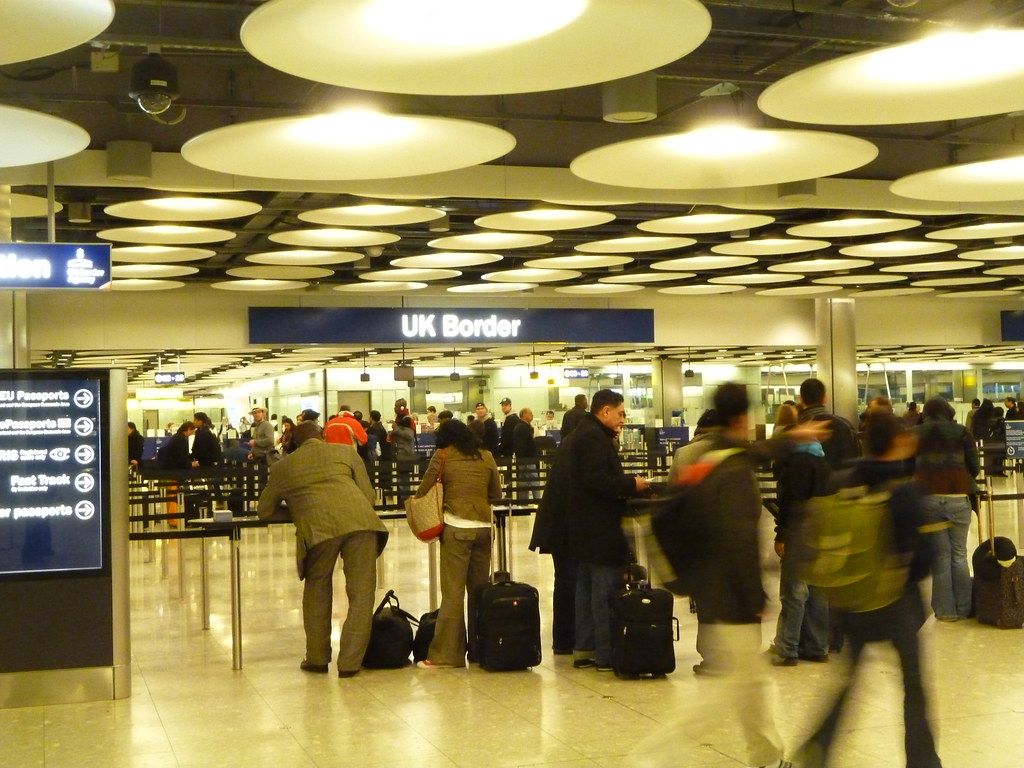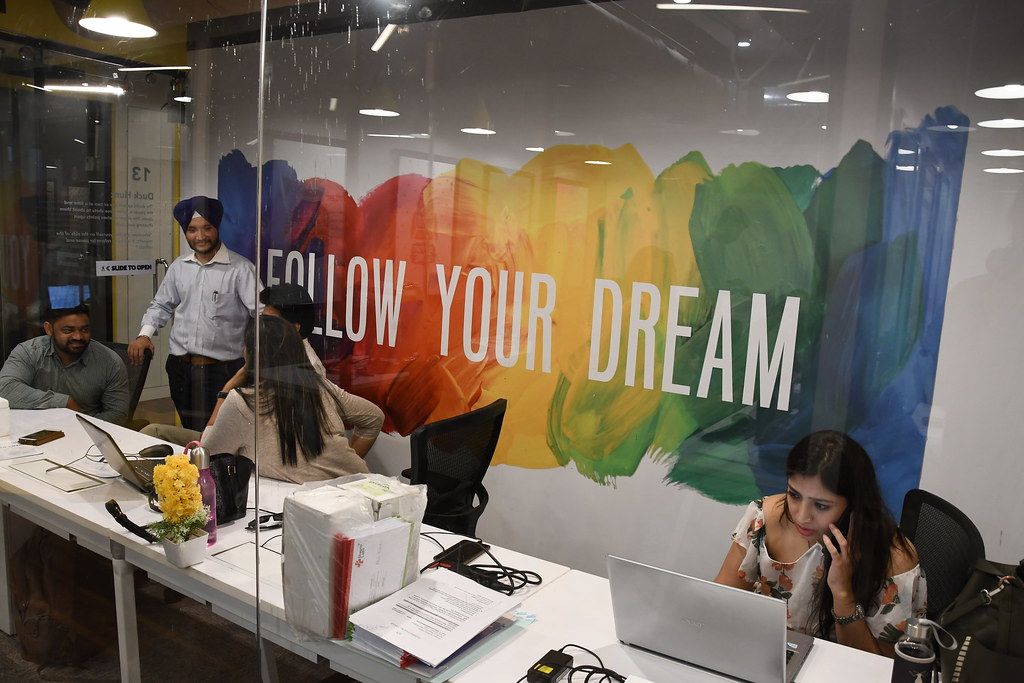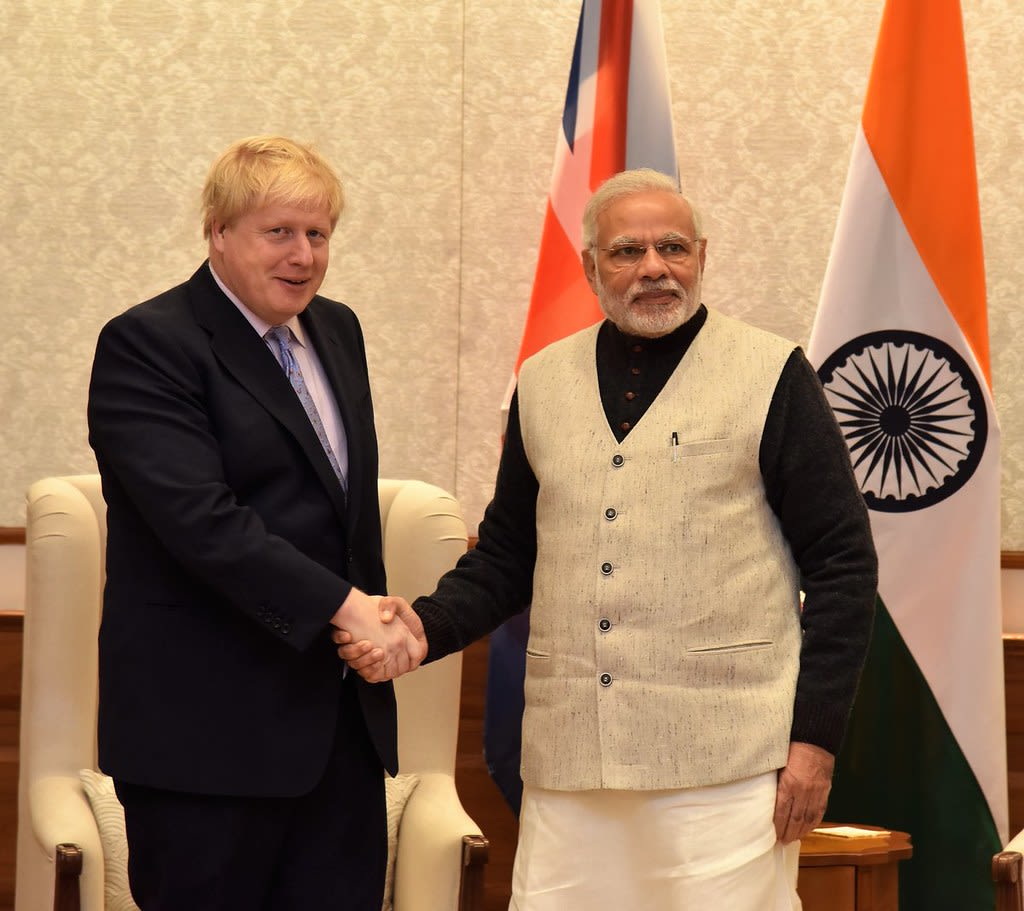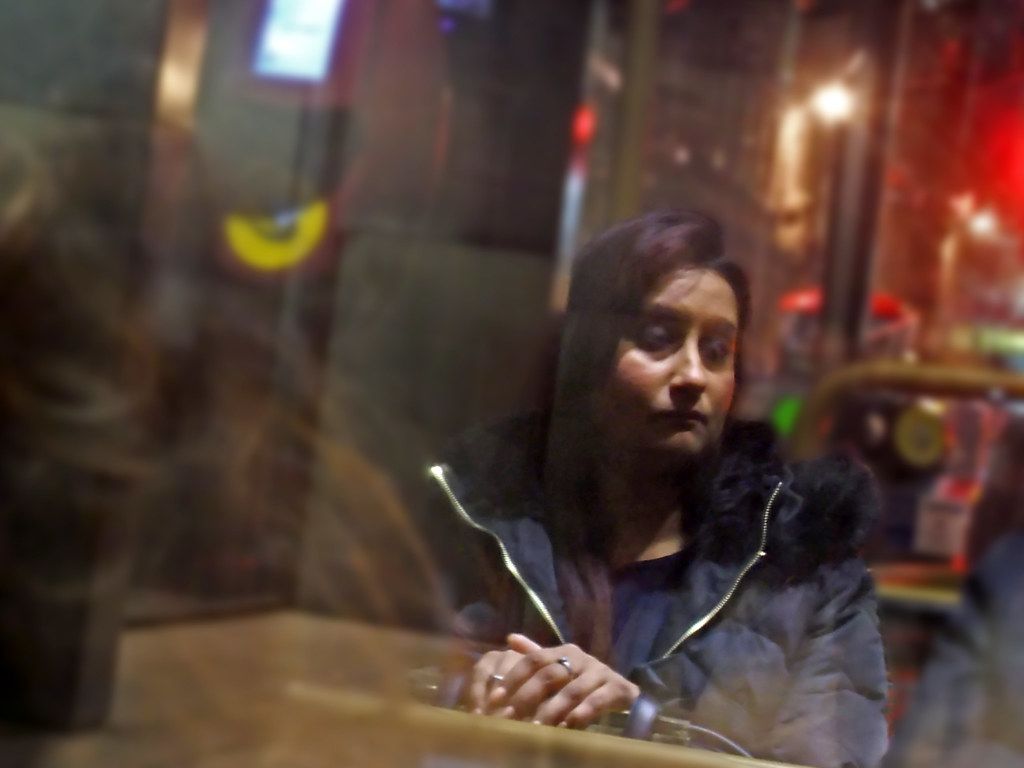Post-Brexit deals should go with immigration policy reforms
By Cryton Chikoko

The UK would not have been such a great nation without the huge contributions of migrants often later mistreated by the government and reported in the media as threats.
“If the government honestly wants to attract highly skilled migrant workers from overseas, why has the Home Office refused to grant me a settlement visa for over 7 years?”
These comments came from Ochuko Dafiaghor, a Nigerian woman who has been left living in bureaucratic limbo by UK immigration policy. Her case is a warning as to what might await future arrivals who come to the country as a result of the government’s post-Brexit deals.
In May, for instance, the UK and India signed what has been touted as a “ground-breaking partnership migration deal”. The Young Professionals Scheme will allow Indians aged between 18 and 30 to live and work in the UK for up to two years. The British government says the scheme will allow “the brightest and best” to come to the UK based on “skills and talent”.

This fits with the open, prosperous image of a post-Brexit Britain that the government would like to promote. We see this image reflected in a lot of media coverage, but the media never adequately covers the stories of migrants who suffer the sharp end of immigration policy.
Dafiaghor is one of many people who have suffered when a previous initiative to invite skilled immigrants to the UK was closed down, leaving many people living in a precarious situation regarding their status.
In 2013, Dafiaghor’s right to work in the UK was withdrawn when she was dismissed from her job as a residential care home manager. Dafiaghor’s dismissal was later found to be unlawful by an employment tribunal, but the Home Office, the government department in charge of immigration control, has so far declined to restore her right to work.
In the last four years, Dafiaghor told me, she has appealed the decision in court three times. Each time, the Home Office has said it will reconsider the decision, but come back with the same answer.
This sort of harsh treatment is the flipside of UK immigration policy. The UK-India deal also includes an agreement that India will repatriate an estimated 100,000 Indian citizens living in the UK without proper documentation. What the two governments should ask themselves is how so many Indians ended up in precarious situations in the first place.

"Boris Johnson in New Delhi, 2017". By Vikas Swarup. CC BY-NC-ND 2.0
"Boris Johnson in New Delhi, 2017". By Vikas Swarup. CC BY-NC-ND 2.0
The proposed new immigration route comes with strict limits. It prohibits young Indian professionals from bringing dependents and offers no possibility of extension, or of switching to another route for establishing permanent settlement in the UK. It will leave people open to the worst parts of the hostile environment since its restrictive nature makes it likely that many workers will remain in the UK undocumented when their visas expire.
Contrary to the impression given by media coverage, which presents undocumented immigrants as people who enter the country without permission, most in fact come to the UK legally. They become undocumented because our immigration system is not responsive to human circumstances.
Factors beyond people’s control, such as illness, relationship breakdown, domestic violence, poor legal advice, a lack of money to pay extortionate immigration fees, or errors in Home Office decision-making, all contribute to the problem.

Image by Jennie Robinson Faber. CC BY 2.0
Image by Jennie Robinson Faber. CC BY 2.0
Some participants on this new programme will fall sick or pregnant, start families or build professional lives and relationships which they will not want to abandon to return to India after their UK visas expire. They risk facing the sort of situation Dafiaghor has found herself in.
Dafiaghor has been left in debt and her career prospects are blighted, along with her mental health and her social life.
“There is a fallacy in the Commonwealth countries that the UK is the bastion of truth and fairness which I naively believed.
I never at any time thought I would suffer unimaginable injustice at the hands of the UK government”
“The Home Office has shattered my dreams into a thousand pieces and treated me worse than a criminal for daring to challenge unfair dismissal by my employer," she told me.

Image by Martin Cooper Ipswich. CC BY 2.0
Image by Martin Cooper Ipswich. CC BY 2.0
The government should seriously consider reforming our immigration policies. In the current form, it is likely that some young Indian professionals who are being invited to the UK will fall foul of them. We have stringent rules which exploit migrants as expendable resources and once they have served their purpose the government readily disregards them. Too often, the media reports on them as villains and threats to the country.
The sensible, humane, and reasonable thing for the British government would be to create settlement pathways for new arrivals, and for the undocumented Indians whose home is the UK.
Cryton Chikoko is a Migrant Voice Ambassador and co-founder of Equanicity, a platform advocating for equality in the UK.
Follow him on Twitter @Cryton